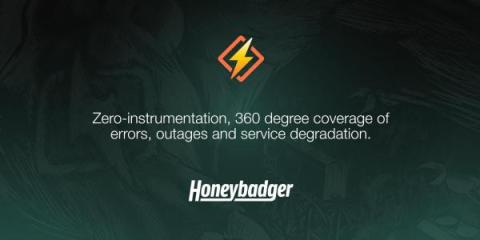Systems | Development | Analytics | API | Testing
DevOps
Speedscale vs. LocalStack for Realistic Mocks
7 Key Methods to Build Scalable and Flexible Digital Products with Platform Engineering
In modern technology, successful digital products and platforms are built on the bedrock of scalability and flexibility. Whether it’s a burgeoning startup or an established enterprise, adapting, growing, and handling increased loads without compromising performance is crucial. Platform engineering stands at the forefront of this paradigm, offering methodologies and frameworks that enable the creation of robust, scalable, and flexible systems capable of meeting evolving demands.
15 Best DevOps Tools For Software | 2024 Update
DevOps is a practice, not a tool, but tools are needed to implement it. Breaking down walls of communication and creating visibility and trust across all the teams involved in delivering software and technology is challenging. The right tools make the automation and integrations needed across functional teams seamless, open, and scalable. This article looks at the top CI/CD, automation, orchestration, and other DevOps pipeline tools to give you a detailed list of our Top 15 DevOps tools in 2024.
CI/CD Pipeline Trends for 2024: Continuous Integration & Delivery Strategy
Many developers are being forced to replace their outdated, monolithic development methods with a more simplified procedure in order to produce faster, more dependable, and more accurate development cycles. Teams have implemented a continuous integration and continuous delivery strategy (CI/CD) for their software delivery pipelines to reach true agility.
Advantages of Service Virtualization Over Service Mocking
The top 5 developer struggles, and solutions, for maintaining self-hosted CI/CD hardware
In this blog post, we dive into the top five developer struggles associated with maintaining self-hosted CI/CD hardware, and present solutions offered by Bitrise.











